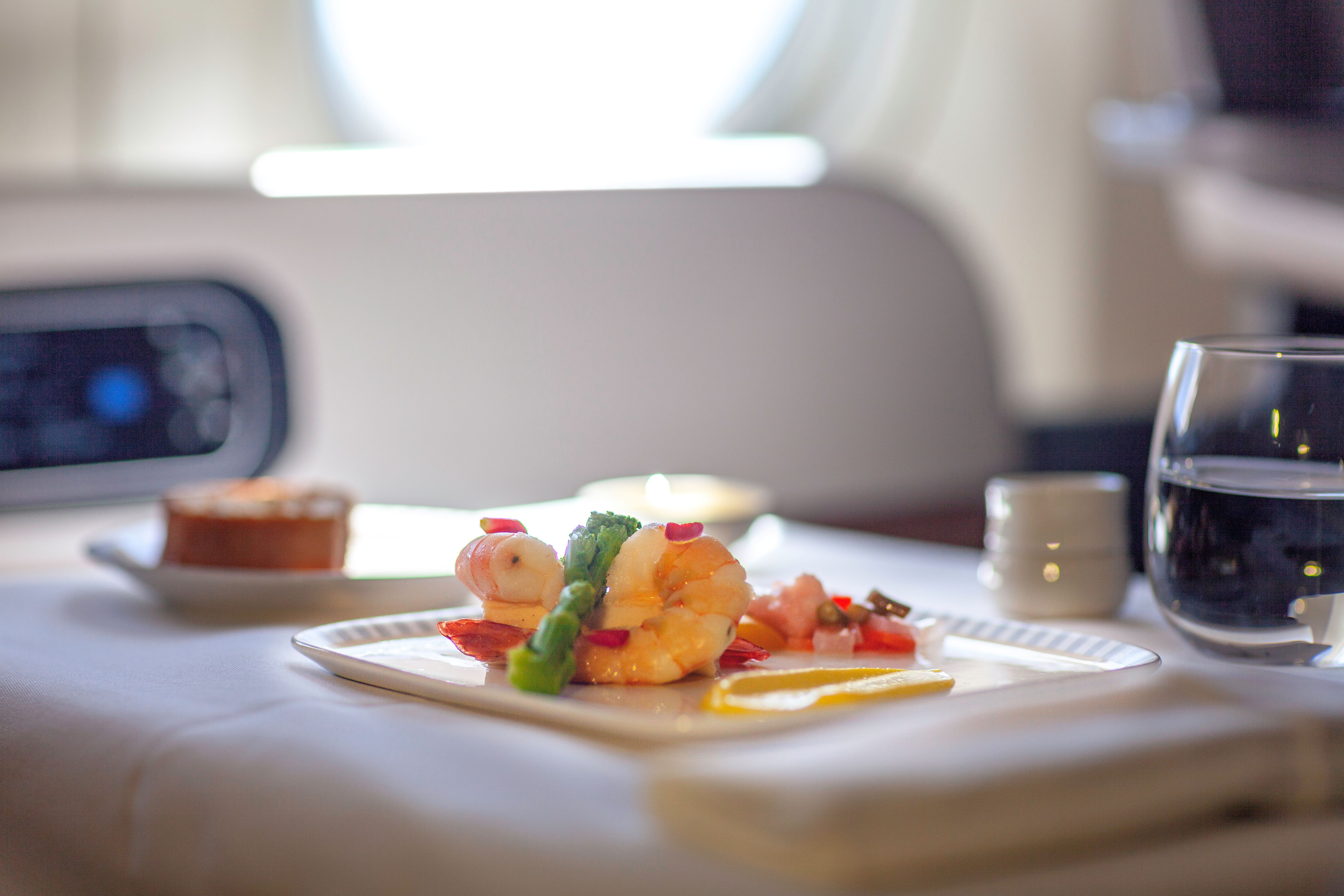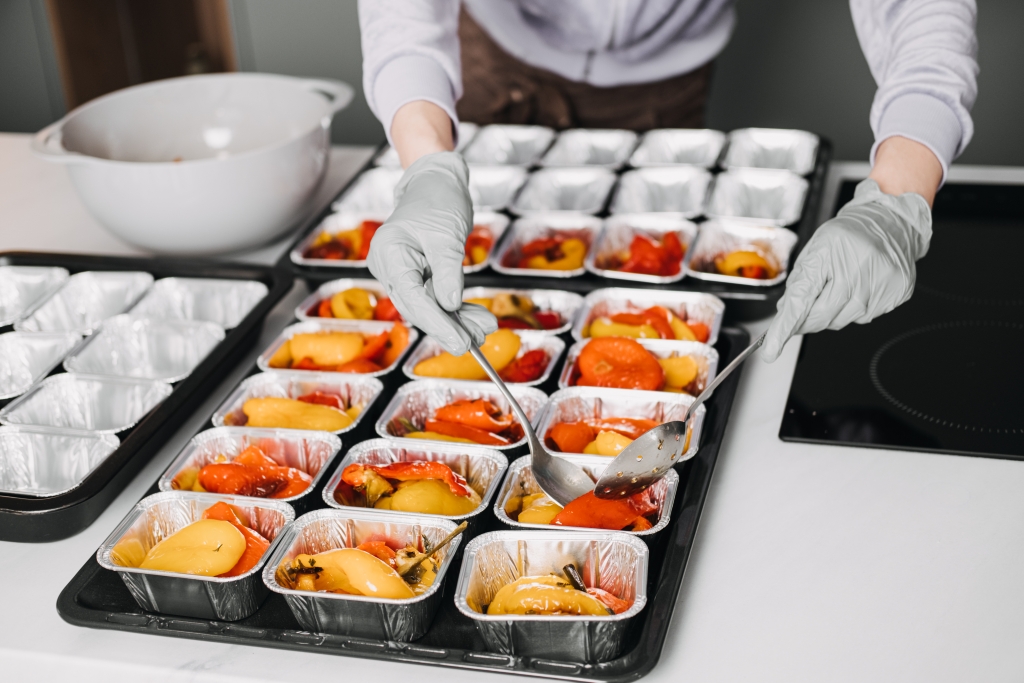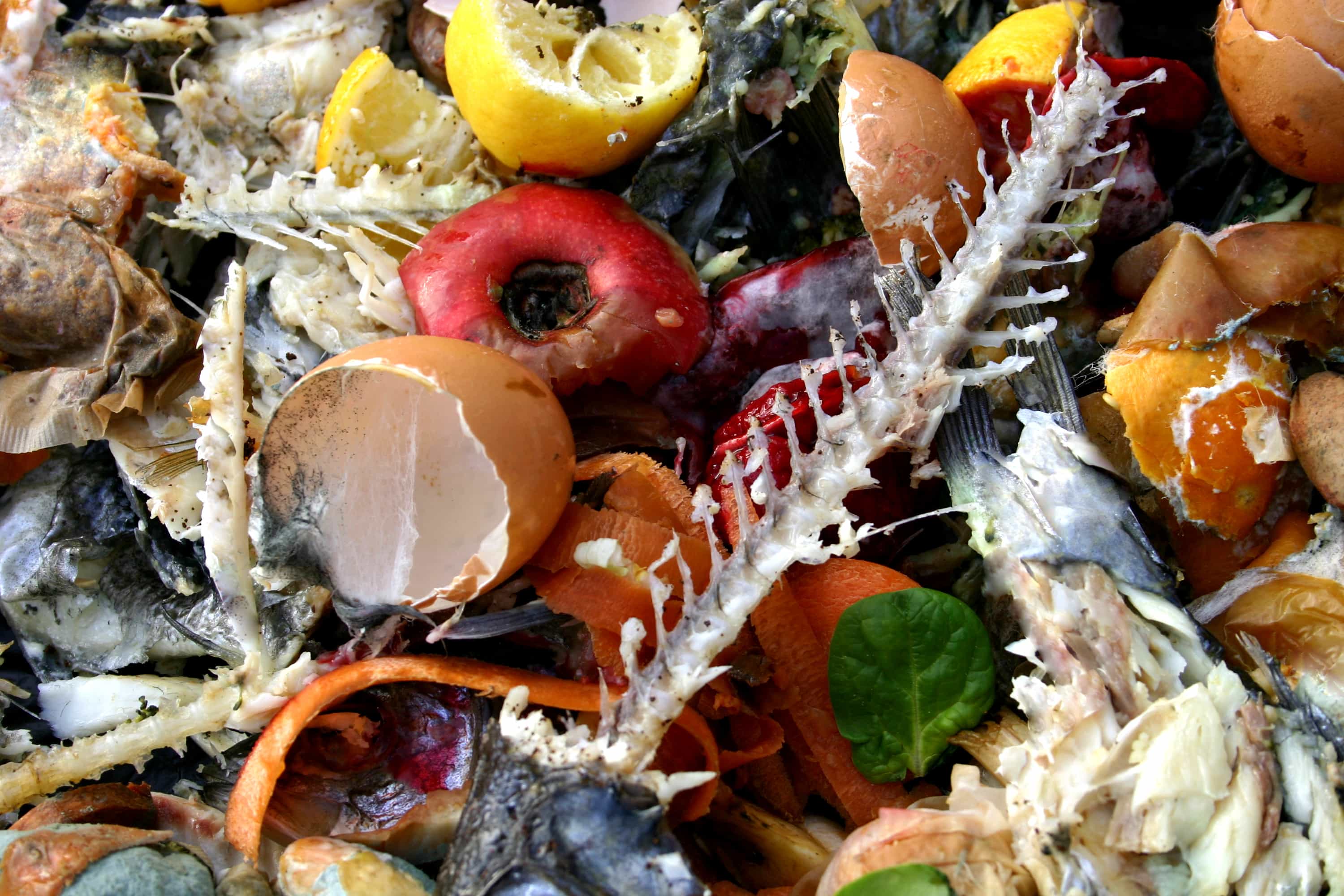August 7, 2025
Airline Catering and FSMA Rule 204: What You Might Be Getting Wrong About Traceability Compliance
Some airline catering companies assume FSMA Rule 204 is meant for farms and grocery stores — not for operations in airport kitchens or airline trolleys. That assumption could put your business at risk. As the FDA’s traceability rule (FSMA Rule 204) gains traction, it's critical to reassess how your operations fit into the compliance picture — especially if you handle foods on the Food Traceability List (FTL).


Some airline catering companies assume FSMA Rule 204 is meant for farms and grocery stores — not for operations in airport kitchens or airline trolleys. That assumption could put your business at risk. As the FDA’s traceability rule(FSMA Rule 204) gains traction, it's critical to reassess how your operations fit into the compliance picture — especially if you handle foods on the Food Traceability List (FTL).
Misunderstanding #1: “We Don’t Manufacture or Sell Food —We Just Assemble Meals”
Reality:
If you're assembling meals that contain any FTL items (like fresh-cut fruits, soft cheeses, deli salads, or smoked seafood), and those meals are being packed, held, or shipped, you are subject to the Rule. The FDA defines “transforming” to include preparing food by combining ingredients.
Key Takeaway:
Meal assembly = transformation = compliance requirement.
Misunderstanding #2: “We’re Not a Retailer, So This Doesn’t Apply”
Reality:
While many retail food establishments (e.g., grocery stores) have limited exemptions, airline caterers often act more like central kitchens or food processors — especially when preparing in bulk, packing, and shipping to multiple aircraft. If you’re handling and redistributing food beyond a direct-to-consumer context, exemptions don’t apply.
Key Takeaway:
Catering kitchens that ship pre-packed meals or components across locations may fall squarely within scope of FSMA 204.
Misunderstanding #3: “Our Suppliers Are Compliant, So We’re Covered”
Reality:
Traceability under FSMA 204 is not transferrable. Each covered entity must capture, store, and share their own Key Data Elements (KDEs) at Critical Tracking Events (CTEs) — like receiving, transforming, and shipping.
Key Takeaway:
Supplier compliance doesn't equal your compliance. You must maintain your own sortable traceability records.
Misunderstanding #4: “We Don’t Need to Worry About Sortable Spreadsheets Until There’s an Outbreak”
Reality:
You must maintain electronic sortable records for covered foods at all times and be able to provide them to the FDA within 24 hours of request. This is not optional or after-the-fact compliance.
Key Takeaway:
You need systems in place before there’s a problem — not after.
Misunderstanding #5: “We Use Manual Logs or PDFs – That Should Be Fine”
Reality:
Paper logs, PDFs, and scanned documents do not meet the requirement for sortable electronic records. The FDA has been clear: traceability data must be digitally sortable, such as in spreadsheet or database formats, and submitted quickly when requested.
Key Takeaway:
Non-digital, non-sortable records are non-compliant.
Real-World Examples of Risk:
- A fruit cup included in a breakfast tray contains cut mango – an FTL item.
- A cheese plate prepared offsite includes soft cheese – another FTL item.
- Sandwiches prepared with deli salad (like chicken salad) and served inflight.
Each of these may trigger the need for full compliance with FSMA Rule 204, depending on how they’re received, stored, transformed, and shipped.
What Airline Caterers Should Do Now:
- Conduct a Food Traceability List (FTL) Risk Scan
- Identify all SKUs or components that include FTL items.
- Map Your Critical Tracking Events (CTEs)
- Where are you receiving, transforming, and shipping food?
- Assess Current Data Capture and Systems
- Are you collecting KDEs? Are they digital and sortable?
- Develop a Compliance Roadmap
- Include tech upgrades, staff training, and procedures for FDA requests.
- Engage a Tech-Agnostic Advisor
- Don’t wait for your software provider — get independent guidance to build a fit-for-purpose solution.
FSMA Rule 204 is more than a farm-to-retail regulation. For airline catering companies, it’s a chance to modernize traceability, minimize risk, and demonstrate accountability in a highly scrutinized food chain. Understanding the rule now could save your business time, reputation, and regulatory trouble later.
Want to see where your airline catering operations stand with FSMA Rule 204? Contact us for a rapid-readiness assessment.
Used by the world's leading companies













































Take the First Step
Contact Tim directly to address your traceability and sustainability concerns.






